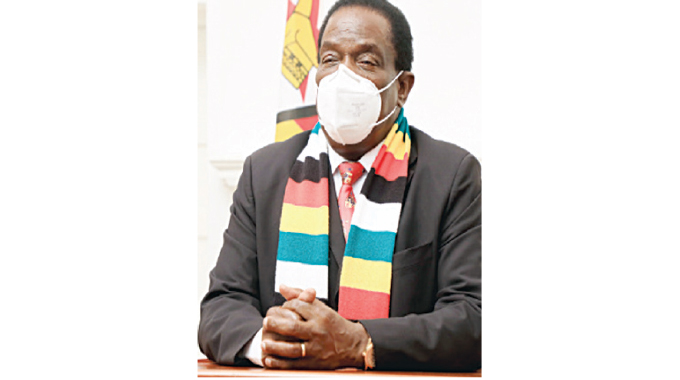UN Rapporteur comes face-to-face with devastating impact of sanctions

Mashudu Netsianda, Senior Reporter
United Nations (UN) Special Rapporteur Dr Alena Douhan visited Bulawayo at the weekend as part of her mission to review the impact of the illegal and unilateral sanctions imposed on Zimbabwe by Western countries.
During her visit, Dr Douhan met Bulawayo Provincial Affairs and Devolution Minister Judith Ncube, among other key stakeholders.
She also toured the National Railways of Zimbabwe (NRZ) and the Zupco depot in the Kelvin North industrial site, among other industries in the city.
Dr Douhan’s visit to the country to get first-hand information on how the sanctions have impacted ordinary Zimbabweans, coincided with October 25, the day set aside by Sadc to call for the unconditional removal of the illegal economic sanctions that have choked the country’s development for two decades now.
In an interview yesterday, Minister Ncube said she met Dr Douhan on Saturday.
“I met the UN Special Rapporteur (Dr Alena Douhan) and we made our representations as senior Government and other key stakeholders on behalf of Bulawayo and Zimbabwe. As Bulawayo, our industry is traditionally the engine of the city’s economy, but because of sanctions most of the factories were closed,” she said.
“The collapse of our industries has created a chain of challenges for us given that most families’ lives hinged on industries. If you look at the city’s infrastructure, it has decayed because the city council used to generate most of its revenue from industries to finance capital projects, which means that most residents are now struggling to pay rates, thus affecting service delivery.”
Minister Ncube said Dr Douhan visited selected companies affected by sanctions.
The tale of the demise of Bulawayo’s industries is a story which cannot be separated from the illegal sanctions imposed by Western countries on Zimbabwe.
Once considered the country’s industrial hub with flourishing factories, Bulawayo is today a pale shadow of its former glory.
At the turn of the millennium, the manufacturing sector in the city suffered the most due to economic sanctions, which stifled its ability to effectively operate.
Productivity nose-dived as companies failed to retool due to their inability to access cheap financing.
The country’s Land Reform Programme implemented in 2000 triggered the imposition of economic sanctions against Zimbabwe, mainly in the form of the Zimbabwe Democracy and Economic Recovery Act (ZIDERA) in America.
Sadc has maintained that the economic sanctions imposed on Zimbabwe are hurting the entire southern African region and on October 25, 2019, embarked on a campaign to speak with one voice against sanctions on Zimbabwe.
October 25 was then set aside as a solidarity day against illegal sanctions imposed on Zimbabwe and all Sadc countries have agreed to conduct various activities in their respective countries on the day to resoundingly call for the immediate removal of the sanctions.
A study by the University of Zimbabwe says the country lost about US$4,8 billion worth of revenue in the manufacturing sector in 2010 and US$2,1 billion in 2015 due to Western sanctions.
Dr Nyasha Kaseke, a senior lecturer at the University of Zimbabwe’s Business Studies department, who presented the findings at a meeting held in Harare in September 2018, said manufacturing, a key sector of the economy, was the sector that had been worst hit by sanctions. – @mashnets








Comments